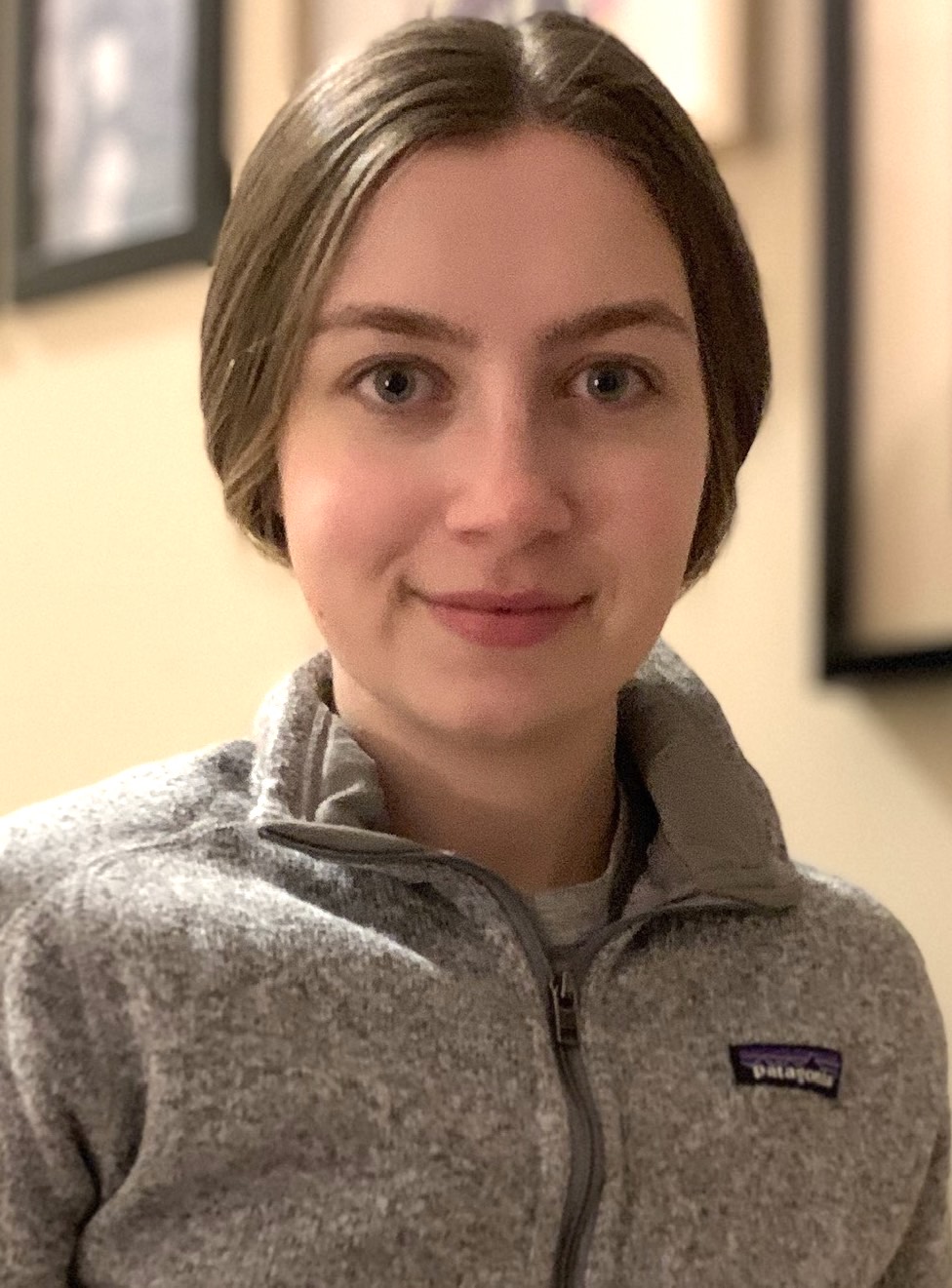Self-care is something that everyone talks about, but do we really know what makes it useful for someone? Why don’t the generic lists of activities and advice for how to practice self-care work for everyone? These were some questions that I immediately began asking myself when asked to write an article about self-care for World Mental Health Day. Writing this article intrigued me because I often found myself trying ‘self-care’ activities that didn’t actually help me feel better.
Unsure of how I should embark on this project, I sat down with Maria Kim, a registered psychologist practicing at U of A’s Counselling & Clinical Services. She incorporates Acceptance and Commitment Therapy (ACT) into her practice, “which basically emphasizes choosing actions aligned with our values [in order to bring] intentionality and purpose into our lives. [This, in turn] increases life satisfaction.” These ideas got me thinking: Maybe we should think of typical self-care activities as stress-reducing tools that help us live out our values in tangible ways.
To figure out if my hunch had some truth to it, I invited three students to participate in an informal self-care experiment: I asked them to reflect on their personal values to determine what stress-reducing activity they would try for two weeks. Afterwards, I interviewed each of them to hear about their experiences. Here are the key takeaways from those conversations.
|

Youngjin Kim
Third-year biology major with psychology minor
|

Xander Laird
Fourth-year art and design major with astrophysics minor
|

Anna Marosi
First-year master’s student in the Department of Pediatrics
|
You don’t have to feel guilty for prioritizing yourself.
Anna — who read a book she enjoyed for thirty minutes every day based on the values she identified — talked about how she felt guilty setting aside that much time to read. She said she felt pressure to practice a stress-reducing tool in a productive way. Once she could push past that nagging voice in her head telling her that she needed to be doing other things with an actual ‘end goal,’ she found it easier to integrate reading into her daily routine.
Practicing self-compassion instead of perfection allows us to learn from our journey.
Xander — who wrote a daily haiku about his day based on the values he identified — talked about how this activity helped him recognize when self-care became counterproductive. “There’s only so much self-care that you can do without it then becoming bad,” he said. He went on to say that self-care becomes bad when it exceeds your capacity as a human being; it is impossible to do everything perfectly, including using stress-reducing tools to care for ourselves.
Anna and I talked about how it’s important to strike a balance between pushing yourself to do things you know will help you feel better and listening to yourself and what you need in a given moment. She remarked that “[it’s] allowing myself to not read thirty minutes a day when I have a crazy busy day [...] or [spending a whole day reading after an exam if] I’m really into the book.”
You can learn a lot about yourself by reflecting on your values, including what kind of tools best help you to destress.
Youngjin — who learned and practiced breathing techniques based on the values he identified — talked about how box breathing allowed him to reflect, recenter and calm himself during a busy and stressful day. Taking time to breathe functioned as a tool that helped him reset his mental headspace to a calmer state so he could then operate in a better way.
Anna put it nicely when she said, “narrowing down your values helps you find activities that actually matter and actually work for you, [because self-care] is not one-size-fits-all all.”
These experiences and reflections go to show that determining your values before choosing a stress-reducing tool can ensure that the time you set aside for yourself actually helps you relax and recharge. To put it more simply, for stress-reducing tools to be effective in reducing one’s stress, they must be centred on the values of the self — not anyone else.




